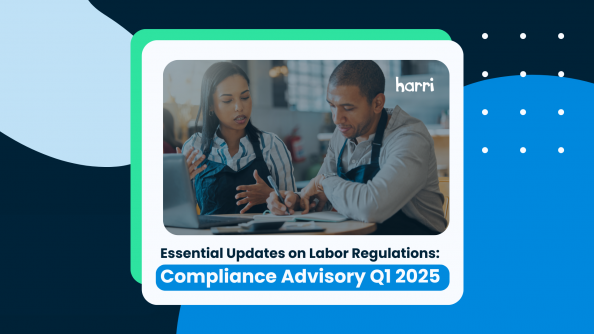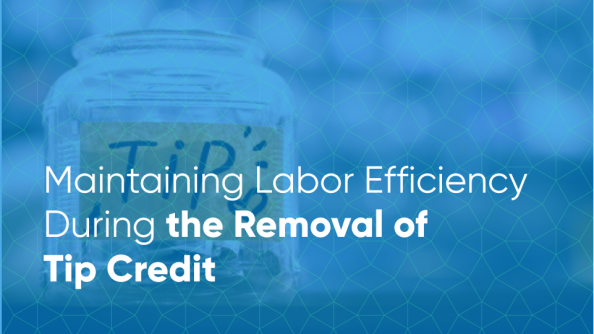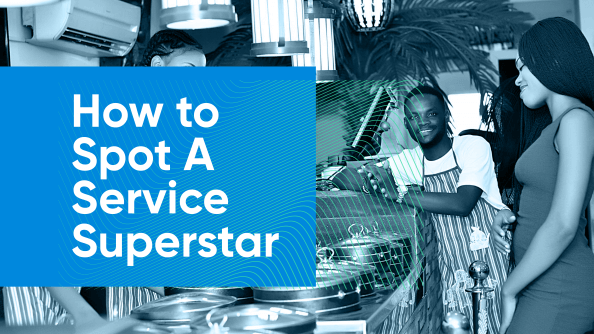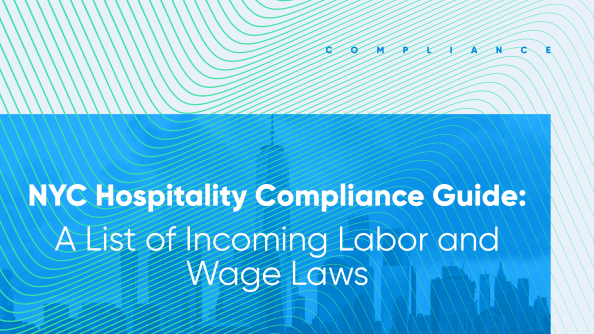From the Frontlines: A Conversation with Taylor Light
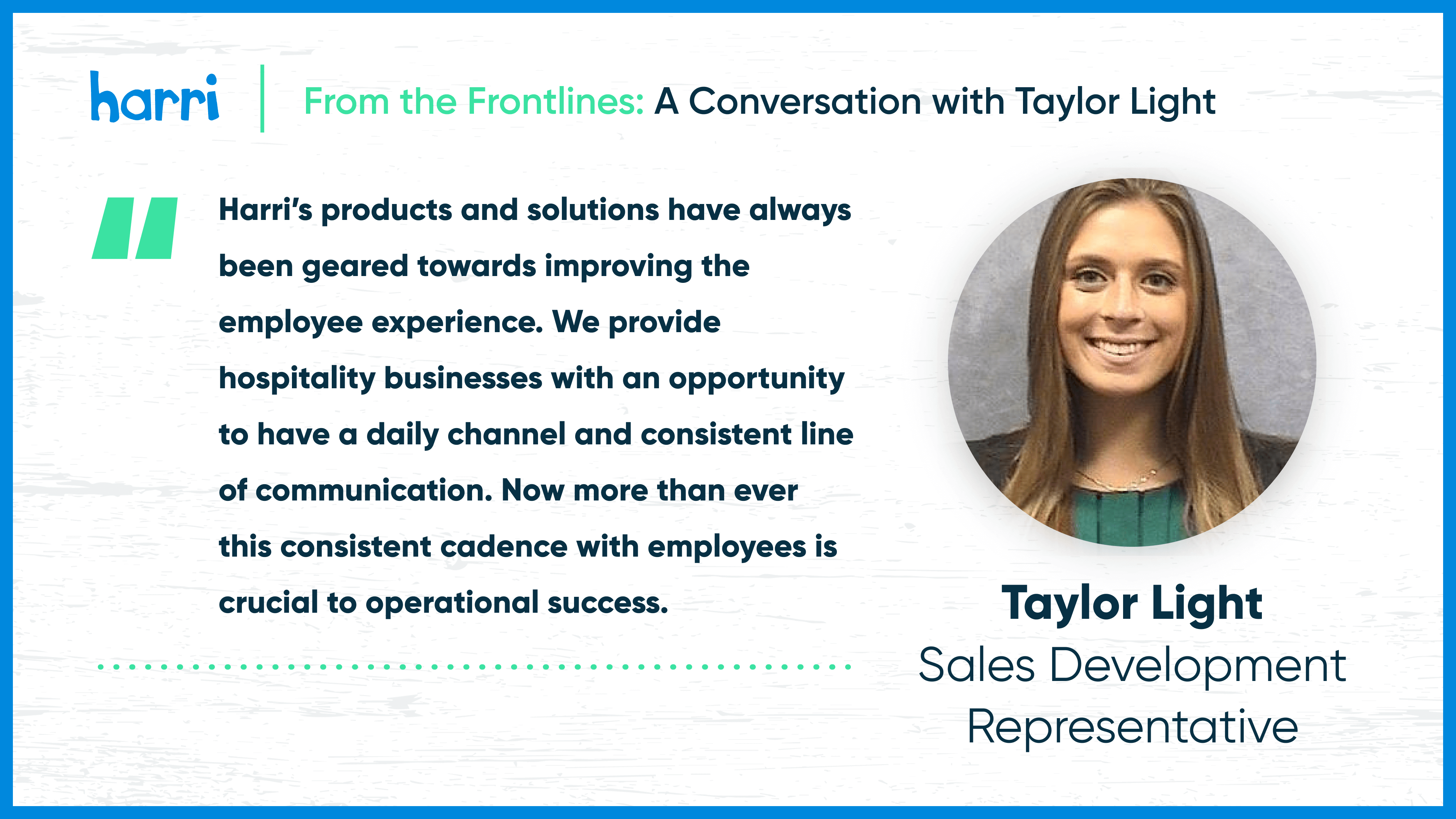
- By Harri Insider Team | August 24, 2020
In this series, Harri is highlighting members of our team who are up to big things and have big insights. This week we have Taylor Light, Sales Development Representative at Harri, discussing the market happenings she is seeing. COVID-19 has changed the game not only for restaurant operators, but for the customers. Today, we are discussing employee morale, the emotional toll of working in the foodservice industry, and how we can improve it.
Q: So Taylor, welcome to team Harri! We’re thrilled to have you here! As someone who is working to help the hospitality industry get back on its feet, what do you see as a big source of animosity right now for restaurants?
A: Between guests not wearing masks, winter weather approaching, and the everyday issues with restaurant operations, there is a huge toll being taken on restaurants everywhere. The job of hosts and servers just became exponentially more difficult. Not only do they have their original duties, but they now have to police and enforce the use of masks. Emotions are amplified throughout the industry. Everyone is unhappy and even HR teams are at their wits end. When folks are approached and asked to put on their masks, some get very resentful and this leads to less tipping. This snowball effect is a very deep problem that is affecting many restaurant employees. However, some businesses are finding ways to thrive in these difficult circumstances.
Q: What is a big hurdle that the restaurant industry is currently facing? Is there a way to overcome this?
A: From what I’ve seen, something that many people are struggling with is the inconsistency. It is difficult to be compliant when the rules are different everywhere. For instance, some restaurants have plexiglass between tables and others separate tables. There’s no uniformity. This has been a problem for New York City in particular because there have been so many issues with compliance that there is a chance outdoor dining as a whole could be pulled. Some managers have been super well trained to handle all of this and some haven’t been. The antsier consumers become about returning to normal, the harder it’ll be for wait staff and hospitality workers. It’s no secret that a disrespect towards servers has always been around, but it is particularly more prominent now. At the end of the day, we have to remember that even though tensions are high, these servers, hosts, chefs, etc. are literally putting themselves in danger to serve us. To me, empathy and treating one another decently is the best way to overcome this and get us back to normal as quickly as possible.
Q: What are some potential solutions to help improve employee morale?
A: This all starts with your team. I think something that could be helpful is for restaurant managers and operators to find ways to actively say they have their team’s backs. It can be as simple as holding a meeting and letting them know that they are appreciated and they will be backed up if a customer has a negative response to being asked to wear a mask. Some businesses have created funny signage to articulate this! That confidence from an employer having your back absolutely boosts morale. Another suggestion I’ve seen floating around is a place for hospitality workers to vent and praise one another. It’s easy to forget that the little things like a “good job” or “I noticed when you did this and it was great!” goes a long way. Remembering that people in any industry are people first and treating each other with kindness is the key to success.
Q: How can Harri’s COVID-19 solutions help restaurant operators improve conditions for their teams?
A: Harri’s products and solutions have always been geared towards improving the employee experience. We provide hospitality businesses with an opportunity to have a daily channel and consistent line of communication. Now more than ever this consistent cadence with employees is crucial to operational success. From an empathetic standpoint, educating ourselves so we can be more helpful and informed when we talk to clients or prospects is very important to us. The more educated we are on what’s going on, the more we can offer to our clients and understand where they are coming from. We’re here to teach people that they can do better, and not to settle for a service that is not providing them with everything they need.







